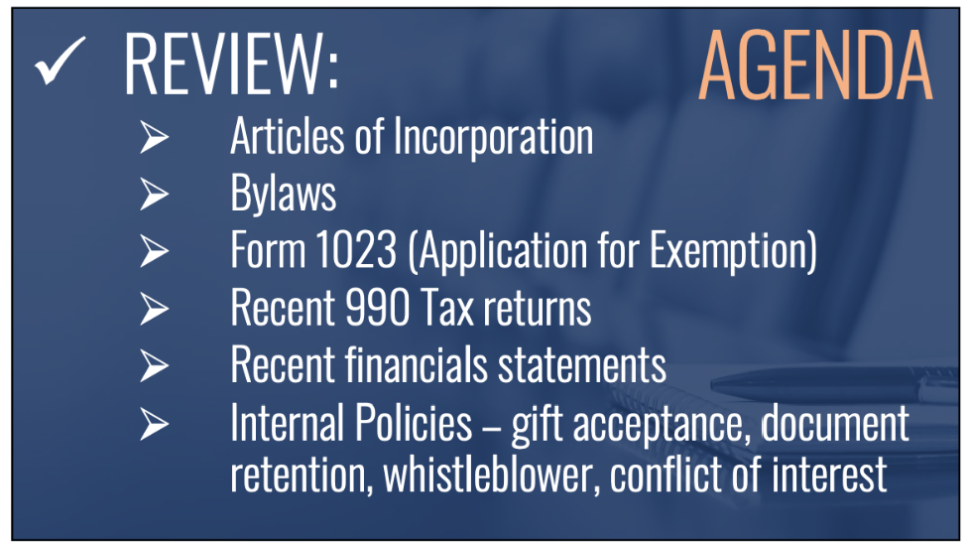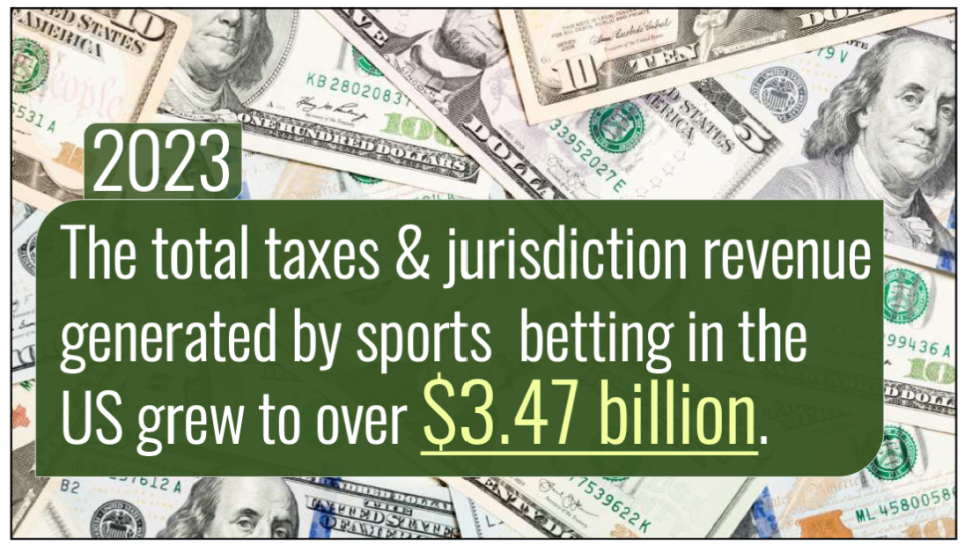So You Wanna Be an HOA Board Member?? In this CLE, Nikki Semanchik will teach you what you need to know about serving on a Board, from your initial homework & due diligence to your ethical duties & avoiding conflicts of interest.


So You Wanna Be an HOA Board Member?? In this CLE, Nikki Semanchik will teach you what you need to know about serving on a Board, from your initial homework & due diligence to your ethical duties & avoiding conflicts of interest.
Experienced Attorney Requirement Effective July 1, 2023 All experienced attorneys must complete a minimum of 24 total credit hours during each biennial reporting cycle. Of the 24 hours at least 4 credit hours are required in ethics or professionalism, at least 1 credit hour in diversity, inclusion and elimination of bias and at least 1 credit hour in cybersecurity. 24 total credit…
All Texas attorneys are required to complete a minimum of 15 accredited CLE hours each compliance cycle. Texas has a 1-year CLE compliance cycle, so that means you need to complete your CLE each year. Your compliance deadline is the last day of the month preceding your birth month and your reporting deadline is the last day of your birth month. Attorney…

It’s no surprise that lawyers are especially at risk for gambling disorder because addiction is already problematic for lawyers, who suffer disproportionate rates of mental & addictive disorders. A former alcoholic with a cocaine & sports gambling addition, Brian Quinn will share his personal story and take a deep dive into gambling addiction – including its warning signs, risks, co-morbidities, related ethical issues and the toll it takes on the legal profession.
California adopted new Minimum Continuing Legal Education (MCLE) requirements that start with the current compliance period. Attorneys in Group 1 (last name A – G) have a compliance period ending January 31, 2025. Group 1 attorneys have a compliance period of 2/1/2022 – 1/31/2025. If you have a January 31, 2025 compliance deadline you are required to meet the new MCLE requirements.…
For 20 years Attorney Credits has continually evolved our website and courses to make sure that taking your continuing legal education (CLE) is as easy as possible, and that the content of the courses is the best that we can deliver. Course Excellence Attorney Credits has refined our courses based on user feedback over the last two decades. We evaluate each course…
Pennsylvania has three annual CLE deadlines, April 30, August 31, and December 31. If you are in compliance group 2, your CLE deadline is only two weeks away. Compliance group 1 has a April 30 CLE deadline and compliance group 3 has a December 31 CLE deadline. Pennsylvania requires a minimum of 12 CLE credits each year, of which a minimum of…
When it comes to reporting completed continuing legal education (CLE) courses to the states, there are two main differences. There are self-reporting states where attorneys must self-report and there are provider reporting states. In this short blog about CLE reporting, we are going to cover what states Attorney Credits reports to and how frequently we report. Reporting questions are one of the…
All active Mississippi attorneys are required to complete a minimum of 12 CLE hours, including 1 hour of ethics during each annual compliance period. The deadline to complete MS CLE hours is July 31 of each year and must be reported to the Mississippi Commission on the CLE Annual Report Statement by August 15. The CLE Annual Report Statement is mailed to…
If your CLE provider doesn’t offer these features, you are using the wrong CLE provider. As a nationwide CLE provider Attorney Credits is the number one choice for attorneys across the country. Our dedication to making CLE easy, yet upholding state CLE regulations, all while producing quality CLE courses at an affordable price gets us recommendations from many state bars on a…